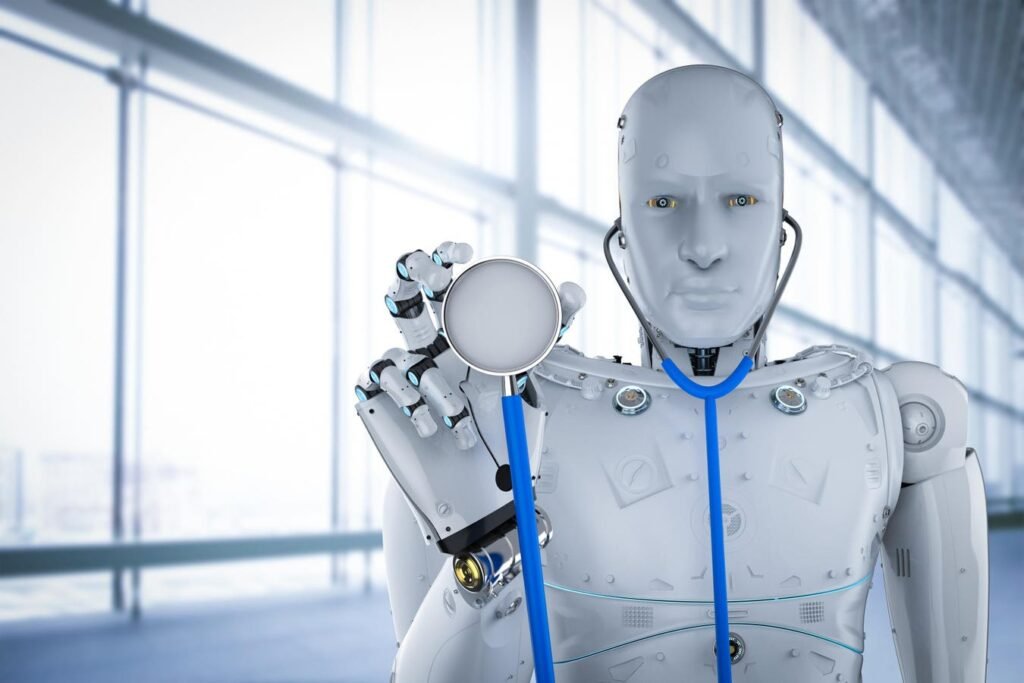Back in 2019, I wrote an article titled “Doctors Use Youtube And Google All The Time. Should You Be Worried?” Fast forward to 2025, and the question now is, “Your doctor may be using ChatGPT. Should you be worried?”
In a recent informal survey, technology entrepreneur Jonas Vollmer asked physicians how many of them used ChatGPT. Surprisingly, 76% of the respondents said “yes.” According to Vollmer, a physician friend also informed him that “most doctors use ChatGPT daily, routinely inputting the full anonymized patient history (including x-rays) into their personal ChatGPT account.”
From my own discussions with colleagues, it seems that younger physicians are more inclined to use AI tools like ChatGPT compared to their older counterparts.
I believe that AI tools such as ChatGPT, Grok, Claude, and other LLMs can greatly assist physicians after they have gathered a comprehensive patient history and conducted a thorough physical examination. The AI can analyze the information provided by the physician and suggest diagnoses that may not have been considered otherwise.
However, it is essential for the physician to validate any novel hypotheses proposed by the AI using their own judgment and possibly conducting additional tests.
We have already seen cases where non-physician patients have received accurate diagnoses from ChatGPT after baffling doctors for years.
Several studies have demonstrated the effectiveness of AI tools like ChatCPT in diagnosing patients based on case reports.
Physicians must ensure compliance with medical privacy laws and consider obtaining explicit consent from patients before utilizing AI to analyze their data. Just as seeking second opinions from colleagues is common practice, consulting with AI should follow the same privacy guidelines.
Similar to how driverless cars operate alongside human drivers, AI consultants in healthcare can complement physicians effectively. While we may not be at a point where not using AI is considered substandard practice, it is conceivable that in the near future, it will become the norm.
In conclusion, tools like ChatGPT can be incredibly beneficial for physicians, as long as they maintain accountability for the final diagnosis and treatment decisions while upholding patient privacy regulations.


